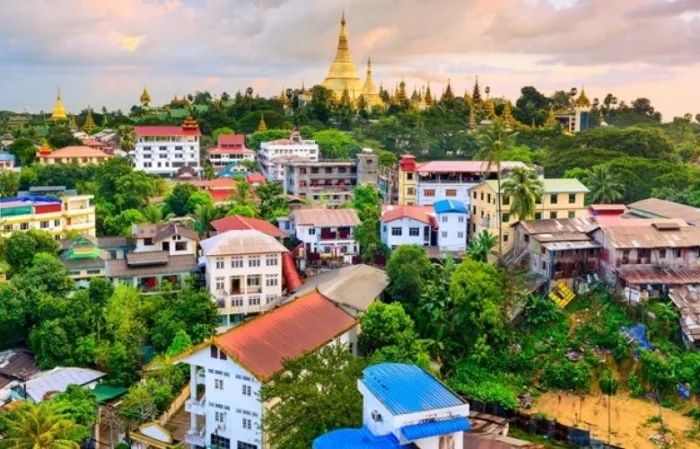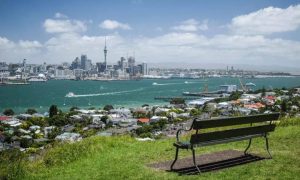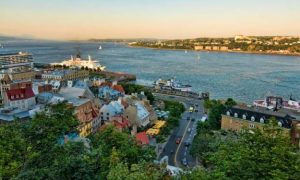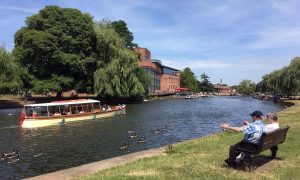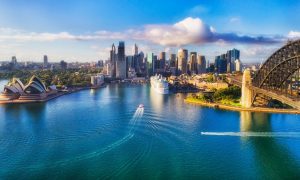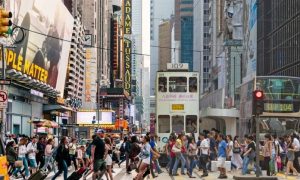worldwideimmigrantsAgainst the backdrop of the continuing boom, more and more people are paying attention to Southeast Asian countries, and one of the relatively low-key but attractive destinations is quietly on the rise -- theImmigration to MyanmarThe country is known as "Asia's last pristine paradise". Known as "Asia's last untouched paradise", the country has been attracting attention in recent years in terms of international investment, cost of living and freedom. Myanmar may be an underestimated choice for those who are looking for a new way of life in a high-pressure city.
I. Why Myanmar?
Myanmar is not traditionally a popular country for immigrants, it lacks the sophisticated service system of Thailand and is not as economically developed as Singapore, but it has several very real attractions:
-
Low cost of living
Compared to neighboring countries, Myanmar's price level is in the lower range. Taking the capital city of Yangon as an example, the cost of living for an average person is about 300-500 USD per month, including rent, daily meals, utilities and so on. Especially in cities outside of Yangon, such as Mandalay and Bursaeng, the cost of living is even lower, making it ideal for transplants with limited budgets. -
Relatively flexible visa policy
Myanmar offers a wide range of long-term visa options, such as business, retirement and investment visas, some of which can also be used for long-term residence through legal company affiliation. In addition, citizens of some countries can enjoy visa-on-arrival or e-visa services with a relatively simple application process. -
Inclusive and diverse cultural environment
The Burmese people are generally friendly, with Buddhism as the predominant religion and a peaceful social atmosphere. Foreigners are regarded as honored guests and are less likely to encounter xenophobic problems in their daily interactions. Although Burmese is the dominant language, English is generally spoken in the main cities. -
Ideal for digital nomads and freelancers
With the trend of remote work on the rise, Myanmar is gradually becoming a new option for some digital nomads. Renting a hut and spending a small amount of money per day, you can have a quiet, slow-paced work-life environment. There are also a certain number of shared office spaces and cafes in the area, and the infrastructure, while not as good as in Western countries, is gradually improving.
Two,Immigration to MyanmarCommon Paths
Currently, there is no "permanent residence" or "direct green card" system in Myanmar, but long-term or stable residence can be achieved in the following ways:
-
Investment Visa: If you set up a company or invest in a project in Myanmar, you can apply for a long-term investment visa, which is usually renewed annually and allows you to stay legally for many years.
-
Business Visa (Business Visa): Suitable for expatriates working locally and sponsored by an employer. Some freelancers can also obtain it by setting up a company attachment.
-
Retirement Visa (Retirement Visa): A residence permit for a certain number of years is offered to applicants who have reached the age of 55 and have a stable pension income.
-
Religious or voluntary visasThe visa is also available for specific types of visas, ranging from three months to one year, for those who join Buddhist monasteries or participate in international NGO programs.
III. Real challenges and risks
Of course, Myanmar is not a flawless immigration destination. Before choosing one, it is important to understand the following points:

-
Political and security issues: The political situation in Myanmar has fluctuated in recent years, which has had an impact on security management in some areas, and it is recommended that border areas where the situation is unstable be avoided.
-
Limited medical resources: The overall level of local public medical care is low, so for major illnesses or special medical checkups, you will need to travel to neighboring countries such as Thailand and Singapore for medical care.
-
Lack of infrastructure: Some city infrastructures are still under construction, e.g., network and power supply are not stable enough, which may pose a problem for high-intensity telecommuters.

-
Language and legal barriers: Most of the immigration procedures and documents are in Burmese, so it is best to hire an experienced local agent or lawyer to assist in the process.
IV. What type of people is it suitable for?
All things considered, Myanmar is more suitable for the following people to consider moving to:
-
People who want to get away from the fast-paced city life and pursue a slower lifestyle;
-
Digital nomads with limited budgets who want to enjoy the freedom of life at a lower cost;
-
Entrepreneurs planning to open a small business and looking for emerging markets;
-
Travelers who love the cultural atmosphere of Southeast Asia and are willing to deeply integrate into the local community.
concluding remarks
At a time when global migration trends are becoming increasingly diverseImmigration to MyanmarAlthough not considered by the mainstream as the first choice, its unique charm and high degree of freedom are gradually attracting a group of people who dare to try a new life. If you are looking for a place that avoids traditional paths and has more possibilities for exploration, then Myanmar, may be worth your serious consideration.
